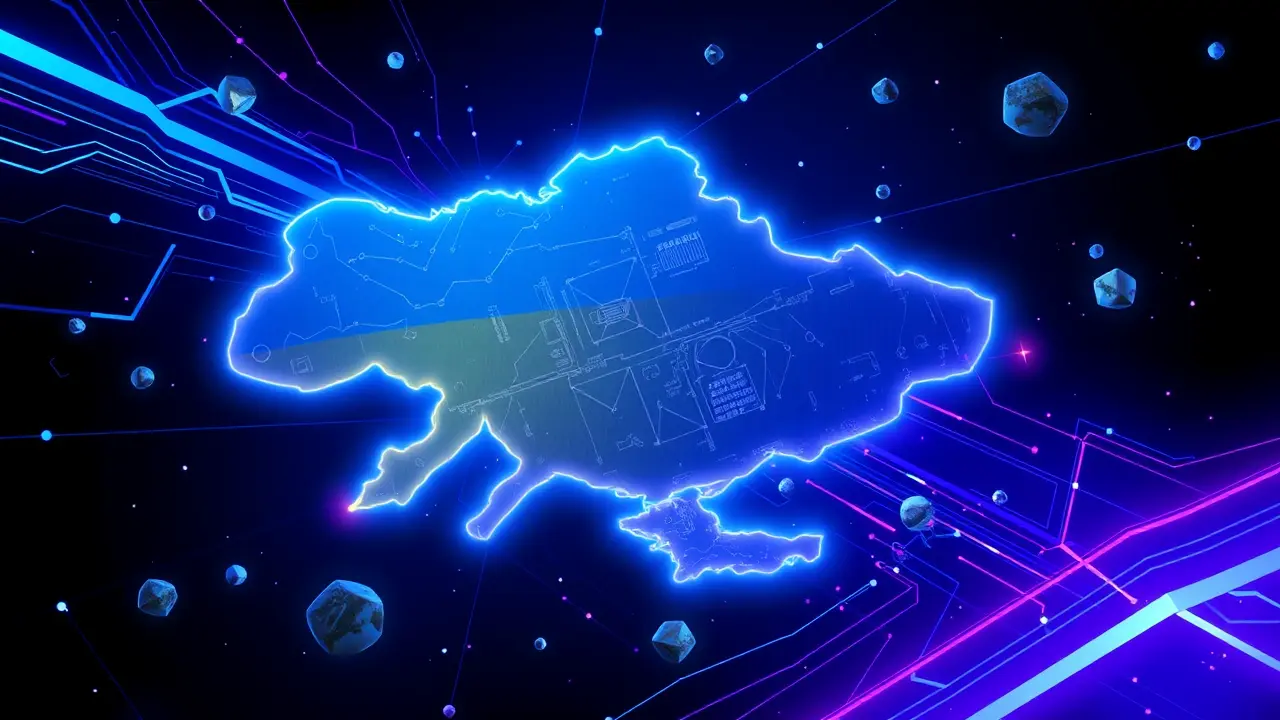Financing Ukraine's Defense with Frozen Russian Funds
The proposition to finance Ukraine's defense through a reparations loan, collateralized by frozen Russian sovereign assets, represents a geopolitical maneuver of historic proportion and moral clarity, one that demands analysis through the lens of both realpolitik and the long arc of international justice. This is not merely a financial instrument; it is a strategic declaration, a means for Western powers to demonstrate a resolve equal to the scale of the exogenous shock inflicted upon the Ukrainian economy and social fabric by relentless Russian aggression.Morally, the logic is unassailable—the aggressor state, having wrought devastation, should bear the primary financial burden for reconstruction and defense, a principle echoing the reparations frameworks established in the wake of twentieth-century conflicts, yet updated for a world of digital finance and globalized capital. Financially, it is the most pragmatic solution on a crowded table of less palatable options, avoiding the fiscal strain of endless direct aid transfers from Western taxpayers and instead leveraging the immobilized wealth of the Kremlin itself, estimated in the hundreds of billions, to create a self-sustaining mechanism for Ukrainian resilience.Legally, while novel, the concept is built upon a growing body of state practice and scholarly opinion that recognizes the legality of countermeasures in response to a grave breach of international law, with precedents ranging from the use of frozen Iraqi assets after the 1990 invasion of Kuwait to more recent seizures linked to terrorist regimes. Politically, however, is where the calculus becomes most intricate and consequential.For Western leaders, this is a moment of profound testing. To authorize this loan is to move beyond symbolic sanctions and weapon deliveries into the direct confiscation and repurposing of a major power's central bank reserves, an action that will be portrayed by Moscow as an act of financial war and will undoubtedly send shockwaves through the global financial system, potentially causing other nations to reconsider their dollar and euro-denominated holdings.Yet, the alternative—allowing these funds to lie fallow while Ukraine's infrastructure is systematically destroyed—is a far greater risk, signaling a failure of collective will that would embolden not only Russia but other revisionist powers watching closely from Beijing to Tehran. The architecture of such a loan, likely to be orchestrated by a coalition of G7 nations and the European Union, must be meticulously designed to withstand legal challenges, perhaps structured through a special-purpose vehicle that issues bonds backed by the future proceeds from the frozen assets, thus providing Ukraine with immediate, substantial liquidity.Expert commentary from institutions like the Atlantic Council and the Center for European Policy Analysis highlights that the key is to separate the act of using the assets as collateral from a permanent confiscation, a legal nuance that could provide crucial diplomatic cover. The potential consequences are bifurcated: success would not only arm Ukraine for victory but establish a powerful new deterrent against future acts of unprovoked aggression, fundamentally altering the cost-benefit analysis for autocrats contemplating territorial conquest.Failure, or a failure of nerve to implement the policy, would fracture the Western alliance, betray Ukraine at its most vulnerable hour, and cede strategic initiative to an adversary that respects only strength. As Churchill, surveying a different but no less existential crisis, once noted, 'The era of procrastination, of half-measures, of soothing and baffling expedients, of delays, is coming to its close.In its place we are entering a period of consequences. ' The decision on the Russian funds is the West's entry into that very period, a defining test of whether our institutions and our political courage are robust enough to secure a stable and just world order for the decades to come.
JU
JustSomeGuy7 hours ago
saw this idea floating around before, idk if they'll actually go through with it tbh sounds like a massive legal headache
0
CO
CosmicNomad7 hours ago
this feels like the first stone laid for a new kind of global justice, where we stop just lamenting the darkness and finally build a lever to move the world it’s not just about money, it’s about writing a future where aggression is a failed currency
0
© 2025 Outpoll Service LTD. All rights reserved.
